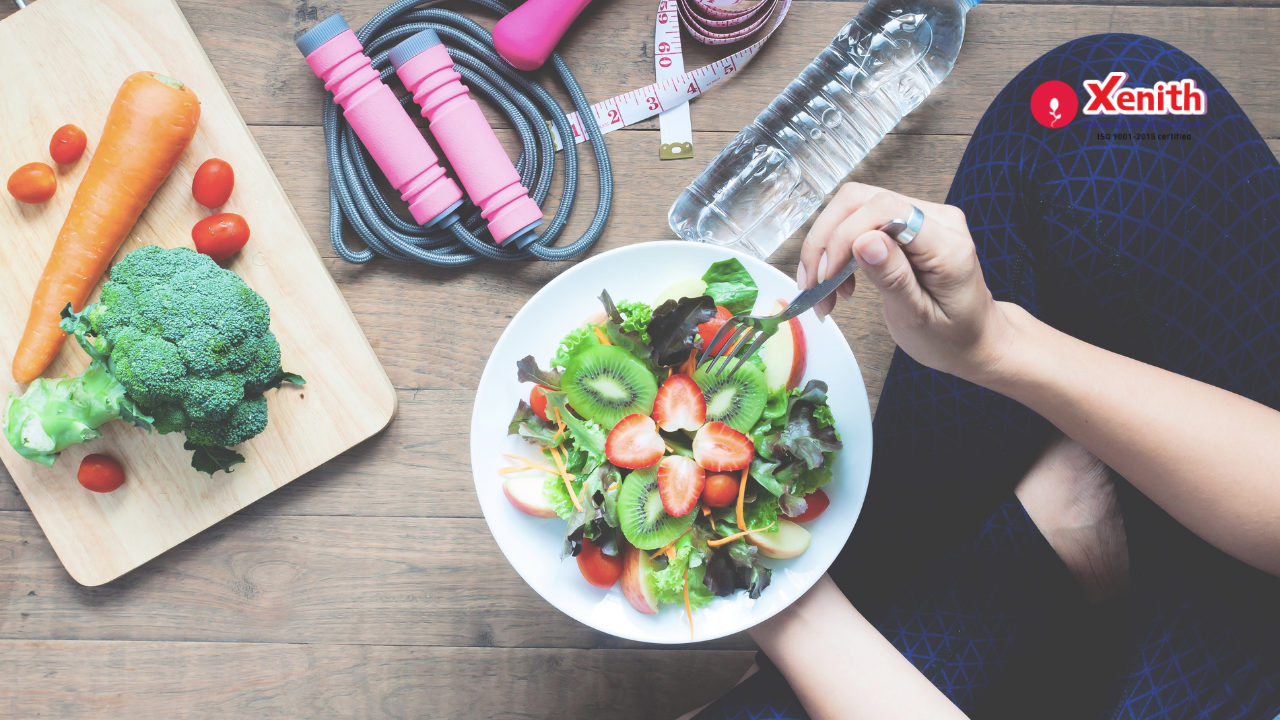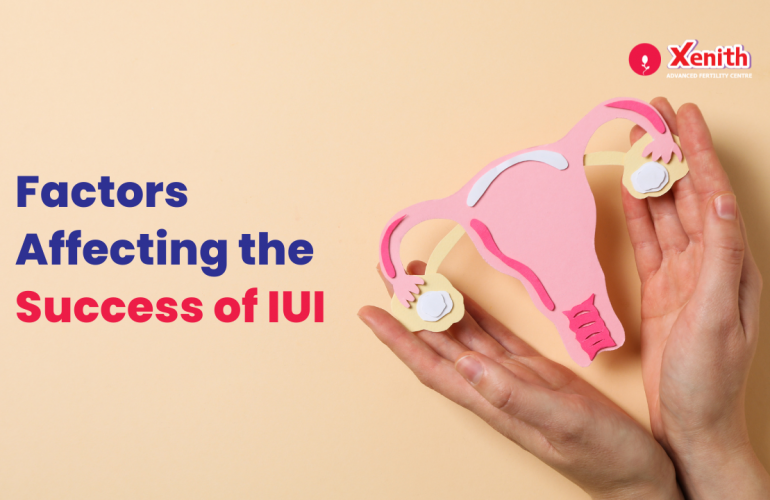An Indian Diet Plan to Promote IVF Success
Diets have evolved over the years. The elderly among us will recall the days when food had more taste, there were no preservatives or chemicals in the food they ate. Making atta involved a trip to the granary. People walked more or cycled. Lifestyles were healthier.
Today, the easy availability of processed foods, modernization of agricultural methods, the use of food formulation techniques that destroy natural nutrients, sedentary lifestyles, and the temptation to eat out regularly make it that much harder to get the nutrients we need in our diets!
It was only as recently as the 20th century that scientists discovered vitamins and their essential role in supporting good health. Attention was given to sugar, fats, chemicals, preservatives, and the protein gap in our diets. Scientists suggested a connection between nutrient-deficient diets and chronic diseases, and hence came the need for supplementation.
In the case of IVF, there is still no conclusive proof from science to prove that a certain diet can help promote IVF success. But studies have attempted to study the correlation between nutrition and lifestyle. Lifestyle includes diet and physical activity, stress, socioeconomic factors, BMI, smoking, alcohol, and caffeine which can all impact fertility.
Start making changes early
A growing body of evidence has suggested that changing preconception nutrition and lifestyle factors should be considered a first-choice treatment, particularly for unexplained subfertility. These are important steps to take to support the process of IVF. An ideal time to start is 3 to 6 months before your IVF treatment. What changes should you make?
Maintain a healthy weight prior to IVF. Obese women tend to have higher complications, but being underweight can also lead to infertility issues reducing the success rate of IVF.
Exercising regularly has many health benefits which include helping the body to better regulate insulin as well as hormonal levels that can affect ovulatory cycles. Try to aim for 3 to 5 hours of moderate exercise per week like going for a brisk walk or going to the gym.
Adopting the “fertility” or the “preconception” diet. Data shows that a diet high in trans fats, refined carbohydrates, and added sugars can negatively affect fertility The term “fertility diet” or “preconception diet” may go under different names but the pattern is generally the same. These diets tend to be high in healthy fats. Healthy fats include monounsaturated and polyunsaturated such as ghee and oils from vegetables, nuts, seeds, and fish. Studies from Harvard have suggested that a healthy diet can improve the chances of conceiving and having a successful pregnancy. Certain foods can also increase the quality of semen in men.
Here’s what a “fertility” diet can include with examples of everyday Indian foods:
Complex carbohydrates
- Beans and whole grains
- Whole grains like wheat used in chappatis, millet or ragi, oats, and brown rice are better alternatives than white rice.
Fruits and vegetables – chose a variety of colours
- Green leafy vegetables are rich in folic acid and Vitamin C. It includes spinach, methi, broccoli. Vegetables like beets and sweet potatoes are high in iron. Colorful vegetables like tomatoes and red pepper are also beneficial.
- Fruits are packed with Vitamin C, potassium, calcium, and folate and are good antioxidants as well as anti-inflammatory. This may include citrus fruits like oranges, lemons, avocados, apples, pears, strawberries, grapes, figs, pomegranates, bananas, and coconut. Eating too much pineapple is not recommended.
Lean protein
- Beans, lentils, and sprouts are packed with lean protein and iron. It includes chickpeas, black-eyed peas, sprouted lentils as well as all types of dal.
- Protein sources for non-vegetarians include eggs, chicken, fish like salmon, and bhangda. Some fish like tuna can have high mercury and should be avoided.
High-fat dairy foods
- Dairy products are rich in calcium and are a good source of fats as well as Vitamin D. Drink full-fat milk and curds, eat malai paneer, and other dairy products with high fat and less sugar.
Nuts
- Nuts and dry fruits are great sources of good oils, vitamins, and minerals like selenium. It includes walnuts, almonds, hazelnuts, dried raisins, dates, and figs. Dates are high in iron.
#IndianDiet Plan
Our dieticians at Xenith Advanced Fertility Clinic can help you chalk out a tailor-made diet plan that is right for you. Choose organic foods, as far as possible. Chemicals like insecticides and pesticides can have adverse effects on reproductive systems.
Don’t stress out
For some women, the stress of doing everything “right” to get pregnant may actually make things worse. Sarika’s story is a typical example.
“When trying to get pregnant, I found myself scrutinizing every detail of anything I was eating, every exercise I was doing, and how it could adversely affect my fertility. I became hyper-aware of my surroundings like when someone was smoking near me. I checked and double-checked the ingredients in the food cartons to see if there were any unhealthy food groups like trans fats. I even looked critically at the type of soap I was using and tried to go organic all the way” remembers Sarika who had already gone through 2 miscarriages and was trying IVF.”
Being hypersensitive to adhere to lifestyle changes and the “fertility diet” created a lot of stress for Sarika. She had to learn to relax and just let it happen. After learning to de-stress through meditation, walking, and just eating as healthy as was possible for her, Sarika did get pregnant and has a healthy baby boy.
At Xenith, we’ve seen better IVF results when men and women prime their health before beginning the IVF process. Schedule a consult if you would like further help on “preconception” diet, nutrition, and lifestyle. Or, if you’ve been trying to get pregnant for some time, but need a little help from us.




